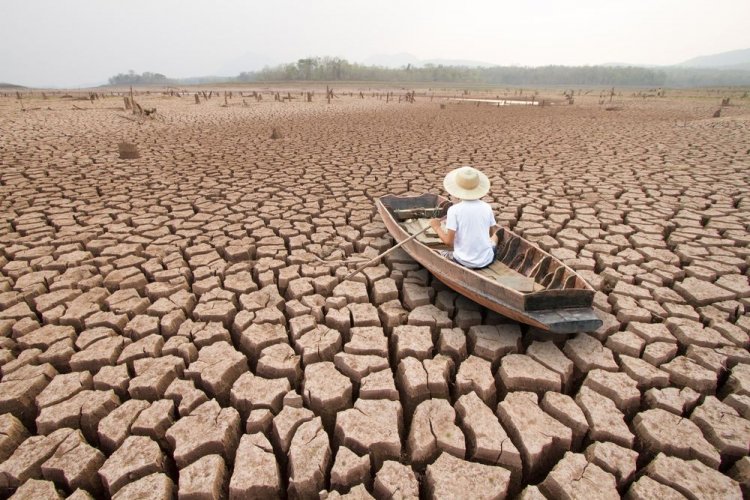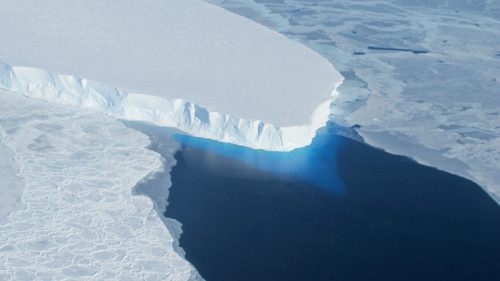In 2022, Barbados Prime Minister Mia Mottley demonstrated climate leadership by launching a regional initiative called the Bridgetown Initiative, which was joined by almost all countries in the region.
This is stated in an article by Ukrayinska Pravda.
It is noted that the country's contribution to climate change is negligible: transportation, agriculture, and other sources together generate less than 0.01% of global greenhouse gas emissions, although Barbados is particularly vulnerable to climate change. Sea level rise threatens to flood coastal areas and destroy the coastline. Another danger is a decrease in the island's already small freshwater reserves. But first and foremost, it is hurricanes.
"The demands of the initiative are very simple – to change the rules of international development aid. In particular, they require the World Bank and the International Monetary Fund to attract more private financing for the adaptation of vulnerable island countries that are literally going under water," says the director of the NGO "Ekoltava" and an adviser Yulia Melnyk of the Ukrainian Climate Network.
The Bridgetown initiative is based on the fact that the modern system of international financial relations was established after the Second World War, when countries such as Barbados simply did not exist as independent states. Their interests are being ignored today.
So, the system needs to be changed according to the requirements of the time.
The problem with countries like Barbados is that on all three levels they don't have nearly as much access to financial resources as rich Western countries. If the latter can take loans for the construction of conditional solar or wind power plants at 2%, then these funds are available to poor countries at 10%
The Bridgetown initiative appeared in 2022. But since then, its specific content has evolved and the next year the so-called Bridgetown Initiative 2.0 was formulated.
The main points aimed at improving the fight against the climate crisis include the following:
- Immediately provide liquidity support, including redirecting at least $100 billion of unused Special Drawing Rights (SDRs) through the IMF and multilateral development banks;
- Restore debt sustainability and support countries in restructuring their debt through long-term low interest rates;
- Increase lending to achieve the Sustainable Development Goals (SDGs) to $500 billion per year;
- Mobilize more than $1.5 trillion per year of private sector investment in green transformation;
- Restructure the governance of international financial institutions to make them more representative, fair and inclusive;
- Create an international trading system that supports global environmental and equitable transformations.
As EcoPolitic previously reported, the fight against climate change requires a radical reduction in production, use and disposal of plastic, because this industry generates 2 billion tons of greenhouse gas emissions – about 3.4% of all anthropogenic emissions.





